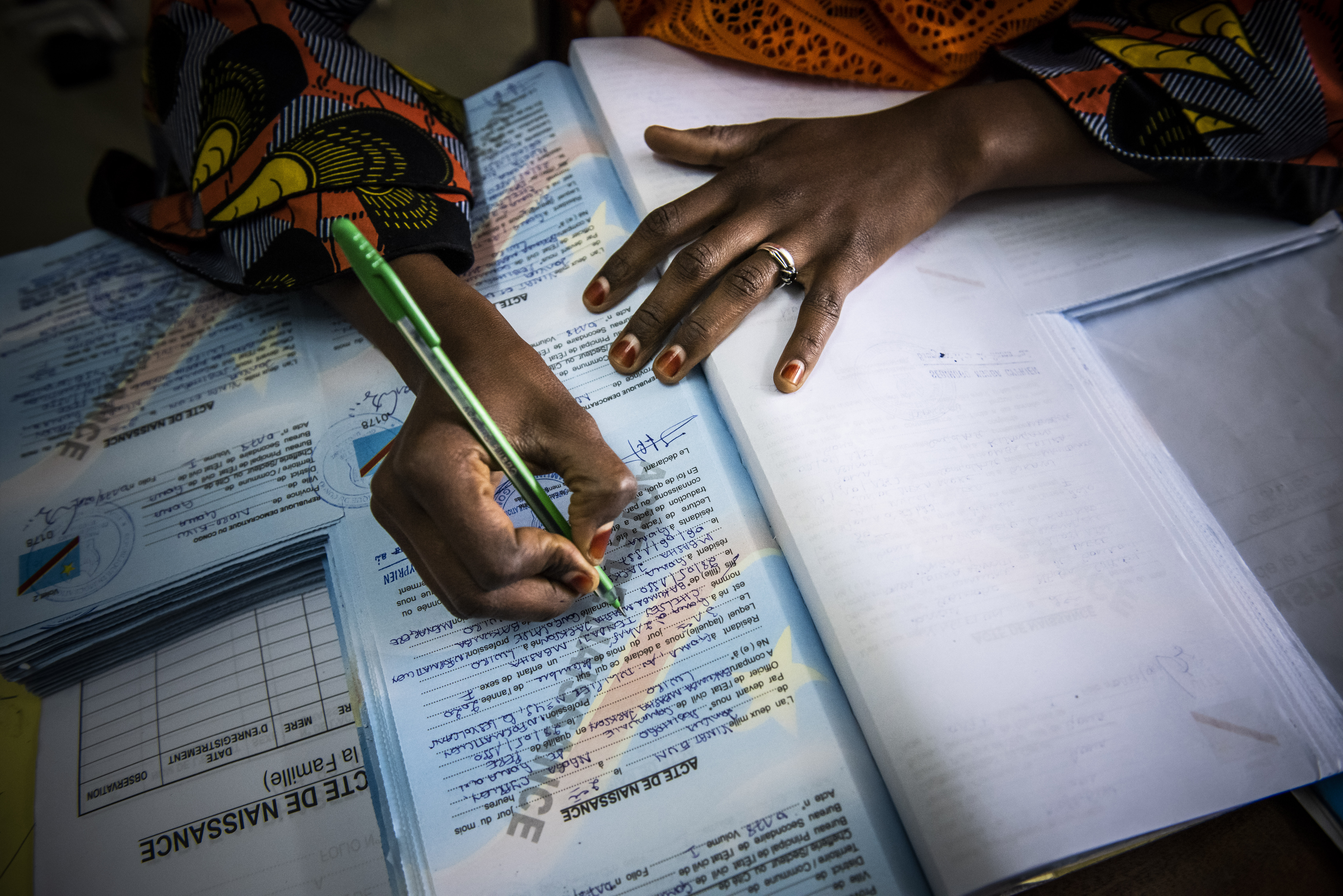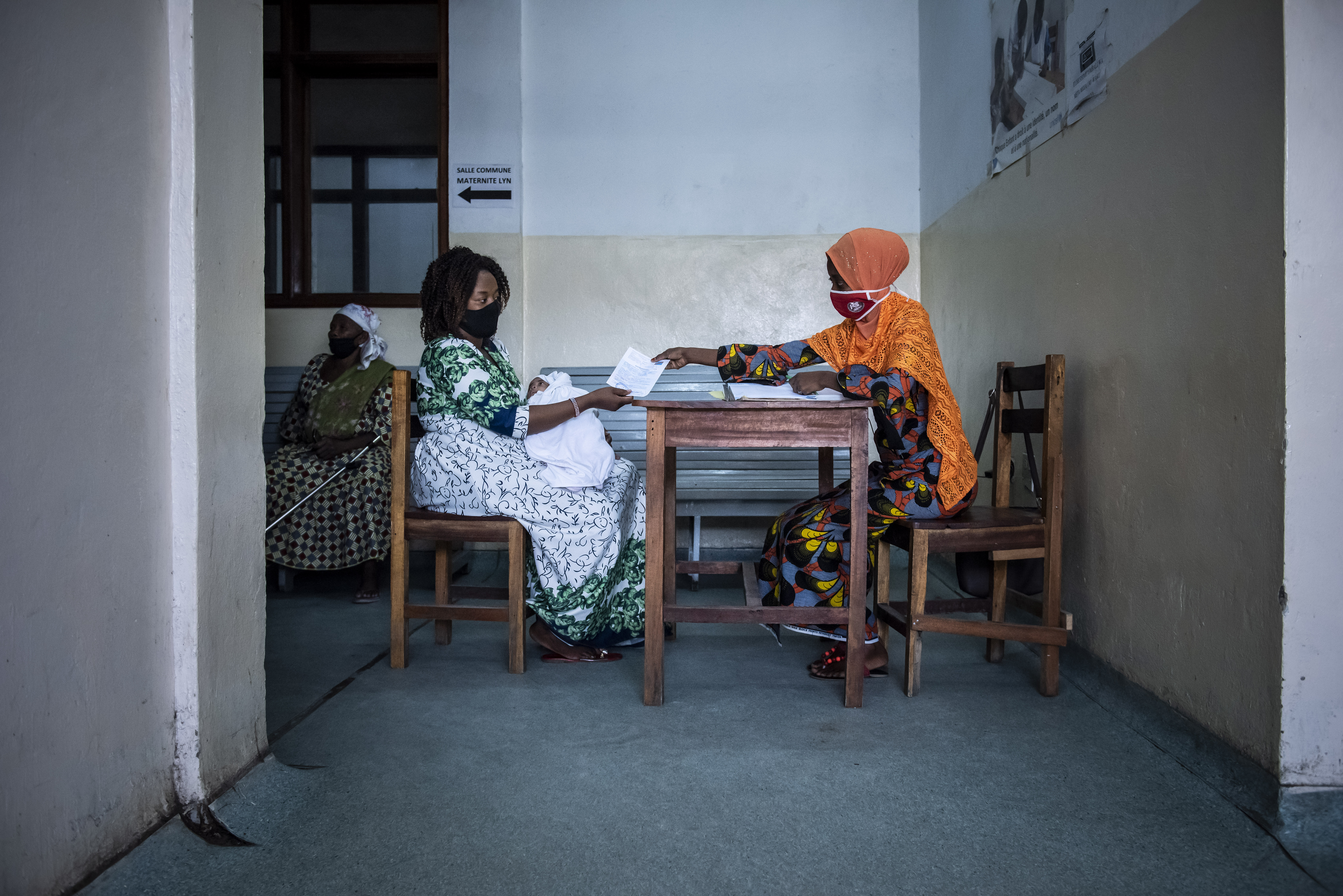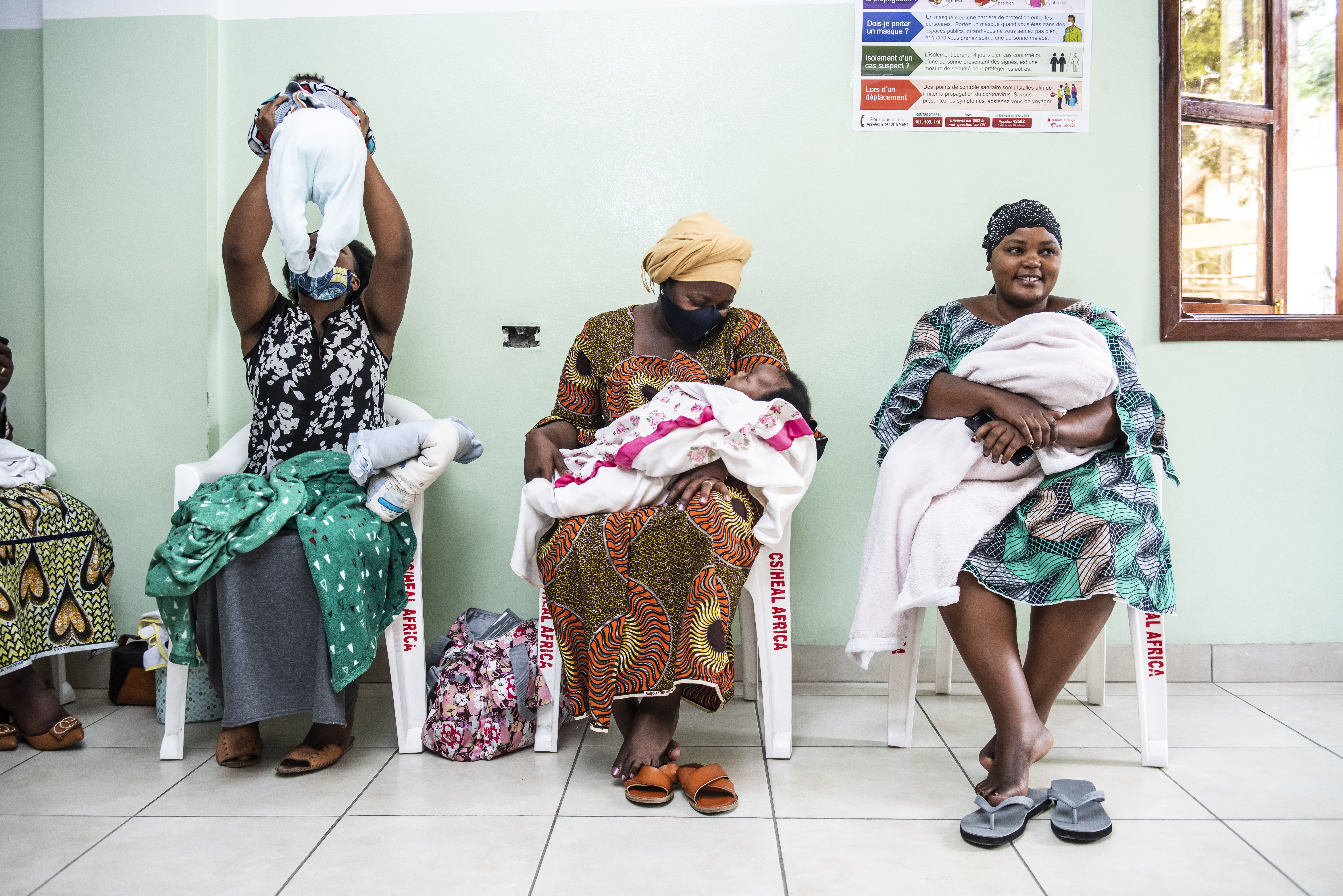To date, nearly 240 million children do not possess a birth certificate and therefore do not exist in the eyes of the administrations of their country. These so-called “ghost” children are incapable of proving their age or nationality, are excluded from society, deprived of citizenship and their civil rights. An undeclared child is not protected in the face of trafficking of all kinds, from forced prostitution to the sale of children, forced labour, enlistment as child soldiers or as go-betweens for all manner of trafficks.
Africa has 95 million undeclared children under 5 years of age. In the Democratic Republic of the Congo, only one Congolese child in four has civil-status registration and in the province of North Kivu, this ratio is as high as one child in ten. North Kivu counts nearly 1.8 million internally displaced persons, of whom nearly 60% are children. Population movements, provoked mainly by armed conflicts and land wars have rendered the inhabitants all the more vulnerable and subject to the loss or destruction of their deed of civil status, when they do possess one. We thus observe not only a major problem in registering births, but also a formidable challenge in terms of conservation of the registered civil-status documents.
The project, which aims to improve the civil-status registration rate in North Kivu province, is carried out by a consortium of associations: La Voix De l’Enfant and its partners SOS Enfants and La LIDE, in partnership with Civipol and Digitech, who provide their technical expertise in civil-status registration. These stakeholders have so far regularised 900 000 children.
This project supported by the Agence Française de Développement (AFD), hopes to lay the technical and human foundations for systematic registration of births and retroactive regularisation for more than 230 000 children, within three areas of intervention in North Kivu.
Retroactive civil-status registration of children without birth certificates aged over 90 days.
5 civil-status offices, 1 treatment centre, and 3 juvenile courts are equipped with software and the necessary equipment for the registration of births. 300 local stakeholders are trained in the methodology of retroactive registration, as well as the use of digital tools, and 60 administrative stakeholders have received training in birth registration.
Communication tools are produced and distributed locally to make the actions of the project known to the local people in the target areas.
The teachers and directors of 250 schools are participating in the identification of children without civil status. The various birth registers are sent to the counsellors of the juvenile courts, in charge of delivering affidavits. These different activities will allow a minimum of 230 000 birth certificates to be delivered to the parents of the registered children. These documents are recorded and validated on the civil-status management software.
Establishment of a “pilot zone” with systematic registration and delivery of a birth certificate to newborns under 90 days old.
5 civil-status offices in the health zone of Mabalako are equipped with civil-status management software and the centralised database. A training workshop concerning the project’s methodology of recording births was organised, designed for 10 health workers. 100% of the births at 15 partner health centres were declared and registered. Communication spots were broadcast locally to inform the population of the existence of the registration campaign. These activities enabled a 100% birth registration rate within the legal timeframes, in the pilot zone of Mabalako.
Expected results
- A system of digitalised registration provides a back-up copy and secure storage of civil-status data.
- The administrative authorities and local stakeholders are trained in the methodology of retroactive registration and in the computer processes for registrations and delivery of birth certificates.
- The provincial and local authorities and the local people are made aware of the importance of birth registration.
- A minimum of 230 000 children, 50% girls, are registered for civil status and delivered a birth certificate.
- A stock take of the territory of the pilot zone of Mabalako is made, evaluating the birth registration rate over a 6-month period.
- 100% of the children registered at birth within 15 maternity wards and 5 civil-status offices of the health zone of Mabalako have received a birth certificate.
Civil status for the children of North Kivu in the RDC
Make a donation-
Congo, The Democratic Republic Of The
-
Project status
In progress
-
Duration
2022-2024
-
Funding
225 000 €
-
Beneficiaries
230 000 children aged over 3 months
100% of newborns in the pilot zone of Mabalako
5 civil status offices and 3 courts
15 health centres
-
Partners
Consortium of associations:
La Voix De l’Enfant (France), SOS Enfants (France), La LIDE (DRC), HEAL Africa
Technical Operators: CIVIPOL
Digitech
APROJED (DRC)
SOPROMAD (DRC)
Heal Africa (DRC)
Agence Française de Développement (AFD)
Banque Richelieu Monaco
-
Objectives
- Improve the rate of civil-status registration of children in Goma and in the rural zones of the territories of Béni and Lubero in the North Kivu Province.
- Strengthen the capacities and skills of the local government and national stakeholders in restructuring and automating civil status.
- Registering to a database and delivering birth certificates for undeclared children without civil status, identified within 250 school establishments, through the organisation of retroactive registration campaigns.
- Establishment of a “pilot zone” with systematic registration and delivery of a birth certificate to newborns under 90 days old.
 L'Amade
L'Amade

